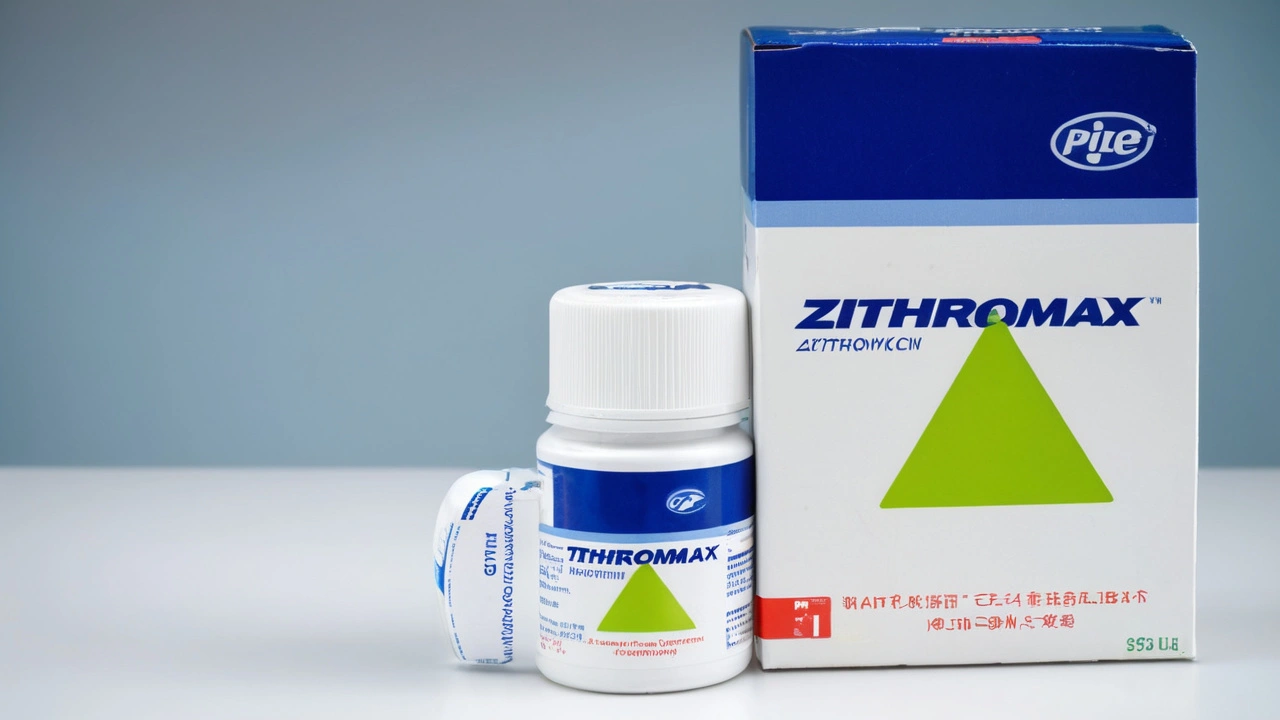Osteoporosis Explained: Causes, Symptoms & Risk Factors
Oct 9 2025 - Health and Wellness
Oxygen therapy is a medical treatment that helps people with breathing problems get the oxygen their bodies need. If you or someone you know struggles with lung issues, low oxygen levels, or certain chronic conditions, understanding oxygen therapy can make a big difference. It’s not just for hospitals—many people use it at home to improve daily life quality.
The basic idea is simple: oxygen therapy boosts the amount of oxygen in your blood. Our bodies need oxygen to function well, especially the heart and brain. When lungs have trouble delivering enough oxygen, therapy steps in to help. This treatment can be lifesaving and also makes day-to-day activities easier for those with diseases like COPD or pneumonia.
Doctors usually recommend oxygen therapy for people with conditions that lower blood oxygen levels. This often includes chronic lung diseases, heart failure, or severe infections. If you notice symptoms like shortness of breath, constant fatigue, or confusion, getting checked for oxygen levels can be crucial. Oxygen therapy is tailored to your needs—sometimes just a few hours a day, other times continuously.
Oxygen therapy comes in different forms, from portable tanks to concentrators that you plug in at home. Using it correctly is key—too little won't help, too much can cause problems. Your healthcare provider will guide you on the right flow and duration. It’s important to avoid open flames around oxygen equipment because oxygen makes fires burn faster. Regular check-ups ensure the therapy stays effective and safe over time.
In short, oxygen therapy is a powerful tool to improve health and comfort for many people. Knowing how it works and when it's needed empowers you to make better decisions and live a fuller life.

A recent meta-analysis suggests that higher initial oxygen concentrations could benefit very preterm infants, potentially improving their outcomes. The study, reported on MedPage Today, compiled data from multiple research sources and indicated positive associations. However, more extensive research is required to confirm these findings and ensure they can be practically applied in clinical settings.
read more© 2026. All rights reserved.
